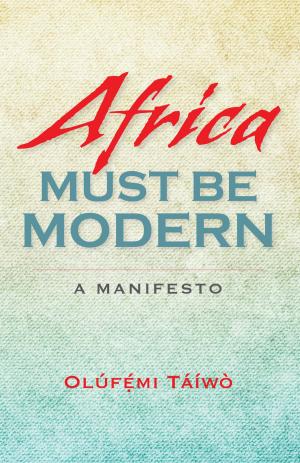Islamic Education in Africa
Writing Boards and Blackboards
Nonfiction, Religion & Spirituality, Middle East Religions, Islam, Social & Cultural Studies, Social Science| Author: | ISBN: | 9780253023186 | |
| Publisher: | Indiana University Press | Publication: | October 3, 2016 |
| Imprint: | Indiana University Press | Language: | English |
| Author: | |
| ISBN: | 9780253023186 |
| Publisher: | Indiana University Press |
| Publication: | October 3, 2016 |
| Imprint: | Indiana University Press |
| Language: | English |
Writing boards and blackboards are emblematic of two radically different styles of education in Islam. The essays in this lively volume address various aspects of the expanding and evolving range of educational choices available to Muslims in sub-Saharan Africa. Contributors from the United States, Europe, and Africa evaluate classical Islamic education in Africa from colonial times to the present, including changes in pedagogical methods--from sitting to standing, from individual to collective learning, from recitation to analysis. Also discussed are the differences between British, French, Belgian, and Portuguese education in Africa and between mission schools and Qur'anic schools; changes to the classical Islamic curriculum; the changing intent of Islamic education; the modernization of pedagogical styles and tools; hybrid forms of religious and secular education; the inclusion of women in Qur'anic schools; and the changing notion of what it means to be an educated person in Africa. A new view of the role of Islamic education, especially its politics and controversies in today's age of terrorism, emerges from this broadly comparative volume.
Writing boards and blackboards are emblematic of two radically different styles of education in Islam. The essays in this lively volume address various aspects of the expanding and evolving range of educational choices available to Muslims in sub-Saharan Africa. Contributors from the United States, Europe, and Africa evaluate classical Islamic education in Africa from colonial times to the present, including changes in pedagogical methods--from sitting to standing, from individual to collective learning, from recitation to analysis. Also discussed are the differences between British, French, Belgian, and Portuguese education in Africa and between mission schools and Qur'anic schools; changes to the classical Islamic curriculum; the changing intent of Islamic education; the modernization of pedagogical styles and tools; hybrid forms of religious and secular education; the inclusion of women in Qur'anic schools; and the changing notion of what it means to be an educated person in Africa. A new view of the role of Islamic education, especially its politics and controversies in today's age of terrorism, emerges from this broadly comparative volume.















